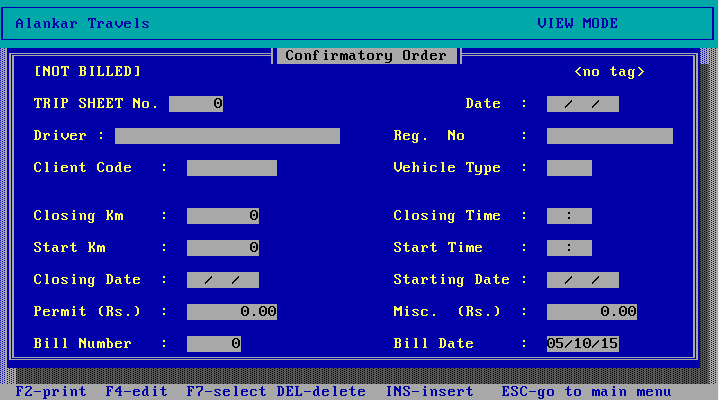Breaking News
Main Menu
Clipper Compiler For Windows
четверг 11 октября admin 6
Q: What are relations and differences between this 3 services you’ve been provided: Harbour Compiler, Harbour HMG, HMG-IDE. We need to know exactly when and why use them? Short Answer: Harbour: Is a multi-platform open source compiler for xBase programming language, as a continuation of Clipper Programming Language. You can use Harbour with or without HMG; as pure console mode or with another GUI facility. HMG / MiniGUI: is also an open source GUI Library developed by Roberto Lopez, for Harbour Compiler, designed exclusively Windows platform only. You can’t use HMG without Harbour. HMG-IDE is a free utility developed by Roberto Lopez, builder of HMG.
An Integrated Development Environment including a project builder and a form designer; plus a DB Manager. You can use HMG library with or without HMG-IDE. As you easily see and cited with this three products we have a comprehensive and complete Windows programming toolkit or Clipper for Windows ➡.
Developed by Nantucket software and released in winter of 1984, first shipping 25 May 1985.  Clipper was a typical database development language and DOS based. Originally is was used as a replacement programming language for Ashton Tate’s dbase II database environment that could be compiled and executed as a standalone application. Millions of applications were built typically for businesses dealing with small databases like client management, stock keeping. Many applications for banking and insurance companies were developed were the application was considered too small to be developed and run on mainframes.
Clipper was a typical database development language and DOS based. Originally is was used as a replacement programming language for Ashton Tate’s dbase II database environment that could be compiled and executed as a standalone application. Millions of applications were built typically for businesses dealing with small databases like client management, stock keeping. Many applications for banking and insurance companies were developed were the application was considered too small to be developed and run on mainframes.
Nov 29, 2016 - Clipper/XBase compatible compiler with initial support other xBase dialects. Torrents hacker experience 2. Multitasking, OOP. Similar Business Software. Appenate Icon. Nov 11, 2014 - Posts about Clipper for Windows written by vivaclipper. Harbour: Is a multi-platform open source compiler for xBase programming language,.
Clipper often served as a front end exactly for the above mentioned mainframe applications and did very well in this area. One of the language’s features: the possibility to link ‘C’ and machine language objects made it a virtual unlimited expandable environment.
When you missed a feature, an interface or whatever you could program that yourself and the extension made a reusable part of your toolbox. Libraries were also made by third parties but the programmer could also create its own library or enhance the existing ones. One of the disadvantages, for commercial developers at least, was that a clipper executable could easily be disassembled or de-compiled to produce native source code. There were even commercial packages for that. Between the manufacturers of decompilers and Clipper a covenant was agreed that with a certain code in the source the decompilers would not decompile. But for the hard core hackers no door was kept close.

Around the early 1990’s the users felt a need for a more object oriented environment. Nantucket’s answer was: Clipper 5.0 up to 5.3. This made the Clipper language more sophisticated, but completely OO it never was.
Objects and classes could be created but the language needed more, and quickly, should it keep its programmers corps it had created since 1984. Too late the Nantucket company realized it had to port the Clipper environment to the Windows platform as well and began developing a new project: Aspen: Clipper for Windows. Too late, or at least the research was not given top priority for research and development.
In August 1994 (Shipped December 1995) a first version became available and was called: Clipper VO (virtual objects) It was truly windows based but had to cope with many typical first issue bugs that were not explained to the full extend. Again programmers had to build new work arounds and did not feel very comfortable with that idea. The old stock of programmers however had already switched to Visual Basic (Microsoft) and later Delphi (Borland) This came about because many customers with small database environments wanted to upgrade to window versions in their turn pressured by their clients. And as usual clients wanted their applications yesterday! A second reason why Clipper never got its previous user base back was that the transition to Clipper VO proved to be too complicated for many senior programmers, and juniors already learned to program in Delphi or VB and later Java.